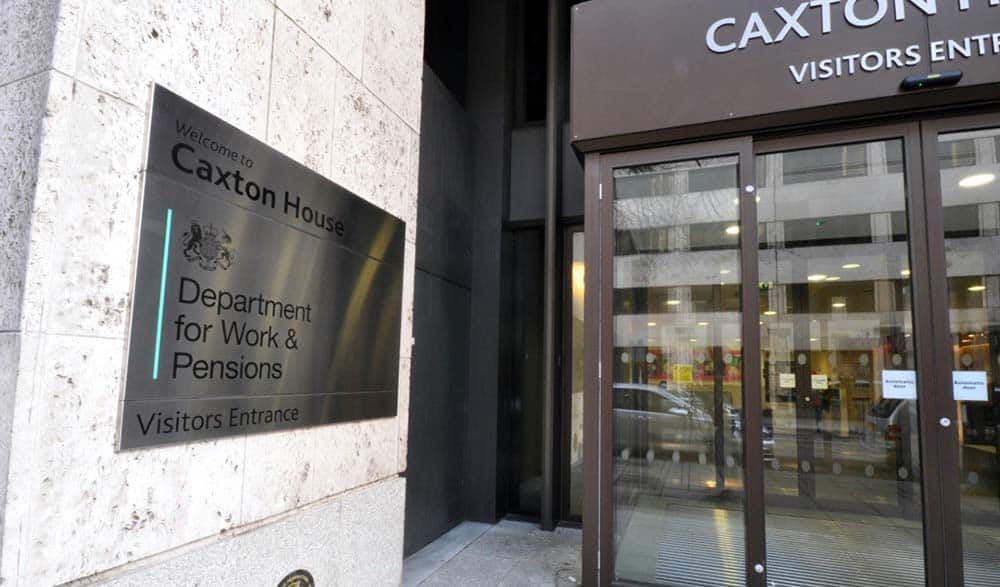Latest PIP figures still show only 43 percent of new claims are awarded to disabled people

The latest quarterly Personal Independence Payment (PIP) statistics up until October 2019 have been published by the Department for Work and Pensions (DWP), with data about registrations, clearances, awards, clearance times, mandatory reconsiderations and DLA claims.
PIP is a financial benefit that helps cover some of the extra costs caused by long-term disability, ill-health or terminal ill-health. The money can be used to help with everyday living or for people with mobility needs, and could be used to get helpful housing adaptations or getting a carer, for instance.
From 8th April 2013, the DWP started to replace the Disability Living Allowance (DLA) for working age people with PIP.
Every quarter, the Department publishes PIP statistics, which give insight into the progress of the disability benefit scheme in the UK.
According to the latest figures, to date, 4.6 million PIP claims have been cleared, an increase of 219,000 from the previous quarterly statistics.
For claims cleared in October 2019, on average, it took eight weeks to clear new normal rules claims, 12 weeks for reassessed normal rules claims and six working days for new and reassessed claims for terminally ill people.
Whilst the average clearance times for terminally ill people has remained the same as the last quarter, there are significant variations in clearance times for new and reassessed normal rules claims. For new normal rules claims, the average clearance times in October 2019 have improved by two weeks compared to July 2019. However, for reassessed normal rules claims, the Department’s newest statistics show it roughly takes five weeks longer to get clearance.
Notably, the latest data shows that under half (43 percent) of new normal rules claims are awarded to people with disabilities, which could point towards a potentially unfair and strict assessment process.
The PIP assessment process has come under fire in the past for being too harsh on disabled people.
In November, for example, the BBC revealed that half of the people who appealed in court over the last five years against a decision to deny them disability benefits was successful. It was suggested that the high success rate at tribunal is down to poor assessments carried out by health professionals.
In 2018, the Commons Work and Pensions Committee said failings in disability benefits assessments had led to a “pervasive lack of trust” in the system.
Since then, the Government has been forced to take action to address claimants’ struggles, which has led to changes to the PIP system such as scrapping reviews for those with severe or long-term conditions as well as for nearly 300,000 disabled pensioners.
The DWP’s latest figures also show that people are more likely to be awarded the PIP benefit if they have a musculoskeletal disease as opposed to a psychiatric disorder. Up until October 2019, for new claims, assessment award rates were 54 percent for claimants with a psychiatric disorder and 63 percent for claimants with a musculoskeletal disease.
The same pattern can be seen for reassessment claims. Award rates were 73 percent for claimants with a psychiatric disorder and 86 percent for claimants with a musculoskeletal disease.

